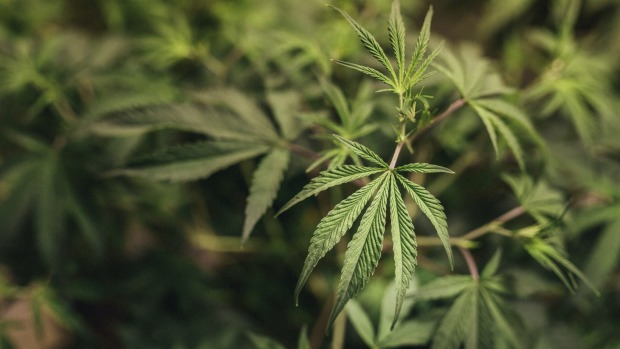
To use cannabis as a medicine, it needs to produce reliable and reproducible effects. Photo: Rohan Thomson
When I was in school, a classmate suffered severe, treatment-resistant epilepsy. It would often strike during the day and with little warning but it was especially bad at night.
On one of our school camps he and I were bunked together. He was to help look after me and my severe asthma, which was often triggered in the early hours of the morning, and I was to help look after him with his epilepsy. Looking back, it was our teacher’s way of helping to ‘normalise’ our respective situations.
His seizures were constant and often prolonged. Even now, as a doctor, the effects of severe epilepsy can be devastating to watch. My experience then was only a small window into what his parents and family felt on a daily basis. As a parent now, I can understand they must have wanted to move heaven and earth to find an answer or even a semblance of seizure control.
In the past few weeks there has been a significant commitment of funding – both government and private – to research the potential therapeutic properties of the cannabis plant.
The establishment of a Cannabis Research Centre, as well as the Lambert Institute at the University of Sydney, will help to explore the evidence of the role cannabis and its components might have in clinical settings. This builds on last year’s decision by the NSW Government to undertake medical trials.
To protect the safety of the Australian community, all medicines are required to be exhaustively tested to ensure their effectiveness and their safety, especially when it comes to children. Many will remember the example of Thalidomide, a medicine that was effective but not safe.
Many will ask why the NSW Government doesn’t just decriminalise cannabis for medicinal use. Unfortunately, decriminalisation of cannabis is not simple, nor is it the solution. It would only cover the patient’s use, neglecting the growing and supply. Furthermore, it fails to offer the safety and support of clinical trials – something patients deserve.
You can’t reliably make medicine out of illegally-grown cannabis. Depending on normal growing practices, including where, how, and what species is used, there can be a 100-fold variation in the potency of the many chemicals contained within an individual plant.
Worst of all, patients with terminal illness or severe epilepsy would be open to being taken advantage of by unregulated and uncontrolled illegal suppliers. In fact, 40 per cent of the “medicinal cannabis” products confiscated by Victoria Police were found to contain no cannabis at all.
To use cannabis as a medicine, it needs to produce reliable and reproducible effects based on the ability to give it in measurable doses to balance the positive and negative side-effects.
In medical trials, dosages will be controlled, patients will have the support of doctors and health workers, supply will be legal as well as possession, and the results will feed back into medical research on cannabis.
There are some in Australia for whom cannabis used as a medicine has helped, and in some cases it seems to have helped significantly. There is a growing body of evidence from overseas research of beneficial effects for conditions like spasticity in multiple sclerosis, for example. In fact, there is already a drug containing cannabinoids, Sativex, that is effective for patients with multiple sclerosis and has been approved for use in Australia.
That said, there are many chemicals contained in the cannabis plant and to have a beneficial effect you need to separate the right ones out and apply them in the correct doses. Just because there are chemicals that provide beneficial effects for patients with multiple sclerosis does not necessarily mean the same parts of the plant will be able to treat other conditions.
It has long been the AMA position that more medical research needs to be conducted on cannabis – not to stop patients from accessing medicines that may help them, but to ensure that drugs available for doctors to prescribe have consistent and predictable effects for patients, over both the short term and the long term.
Dr Saxon Smith is the president of the Australian Medical Association (NSW).
